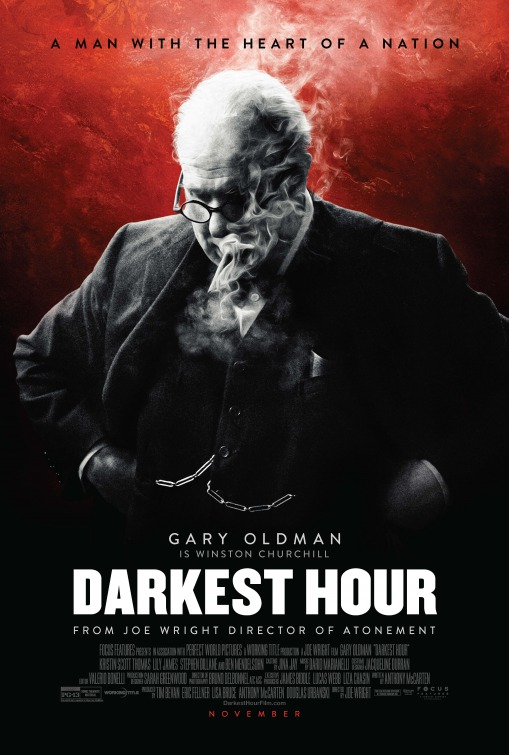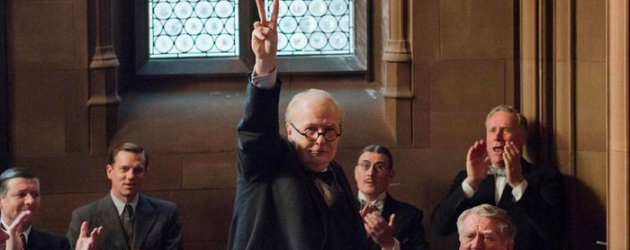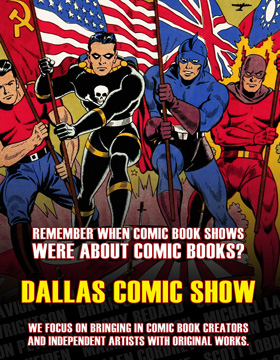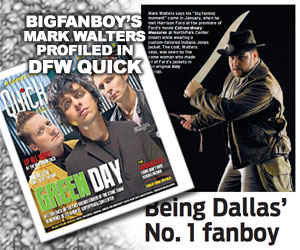
DARKEST HOUR stars Gary Oldman in a powerful performance as the legendary British Prime Minister Winston Churchill in the early weeks of his career as Prime Minister. His appointment comes with the looming danger posed to Britain by the Nazi regime which has been advancing more and more through Europe with each passing day.
The film starts with Churchill’s appointment as Prime Minister and focuses on the first few days and weeks of this. Oldman’s performance as Churchill is magnificent and the highlights of the film are Churchill’s famous speeches and addresses either to the public or Parliament. A true testament to Oldman’s talent is the way in which his recreations of these thunderous words leave the audience with a feeling of triumphant anxiety about the coming war. It is probably not unlike the effect that Churchill himself had on people whenever he spoke.
The focus of this movie obviously is Winston Churchill himself with Oldman taking the lead in every scene he’s in, which is nearly every scene in the movie. This has the unfortunate side effect of leaving most of the rest of the cast by the wayside with the exception of Lily James as Churchill’s secretary, Elizabeth Layton. She is with him from the beginning of the film and stands by his side until the end as a strongly sympathetic representation of the more common British citizen.
Ben Mendelsohn stars as King George VI who at the outset of the movie is very wary of Churchill but whom comes to respect and depend on him. The relationship between these two men is one of the aspects of this movie that more time should have been spent on as Mendelsohn and Oldman have a powerful chemistry. The only other major character worth noting would be Churchill’s wife Clementine, played by Kristin Scott Thomas. She performs this role with a grace and wit that should be commended. Clementine soothes Winston’s fears, praises his success, and is about the only one in the movie who can stand up to him without being torn to shreds by him. Their dynamic is wonderful but unfortunately has the same problem as Churchill’s dynamic with the King in that there is just not
enough time spent with the two of them together.
Various other contemporaries of Churchill are portrayed, such as Neville Chamberlain played by Ronald Pickup and Edward Wood, played by Stephan Dillane. These two serve primarily attempt to undermine Churchill’s agenda as Prime Minister, but most of the time they simply annoy him whilst he tries combat the Nazi advance. These are not particularly interesting or laudable performances but they get the job done. The cinematography of DARKEST HOUR is one of the high-points of the film. There are truly beautiful shots and in particular the lighting of nearly every scene is striking and memorable.
Two long takes from Churchill’s point of view as he is being driven around the city come to mind. Busy citizens are passed by, all of them attending to whatever business of the day they have, whilst Churchill no doubt is pondering the looming threat of the Nazis. Another particularly striking scene is when Churchill gives his first ever radio address to the nation. All the lights dim aside from the red light signifying that the broadcast is live. Churchill’s face washed in that red light as he gives his speech is a very powerful image.
The final praise that can be given towards DARKEST HOUR is that it has excellent pacing that it maintains. The movie starts at the perfect moment with Churchill’s ascension to the office of Prime Minister and ends at the perfect moment with one of his most iconic speeches. The filmmakers knew when to start and when to end and they managed to keep the movie interesting at nearly every point in between. Churchill’s butting of heads with Chamberlain and Halifax does start to drag by the end of the story however. This in addition to what could be called a waste of great performances by Ben Mendelsohn and Kristin Scott Thomas are the only low points of the movie. DARKEST HOUR earns a 4/5.








